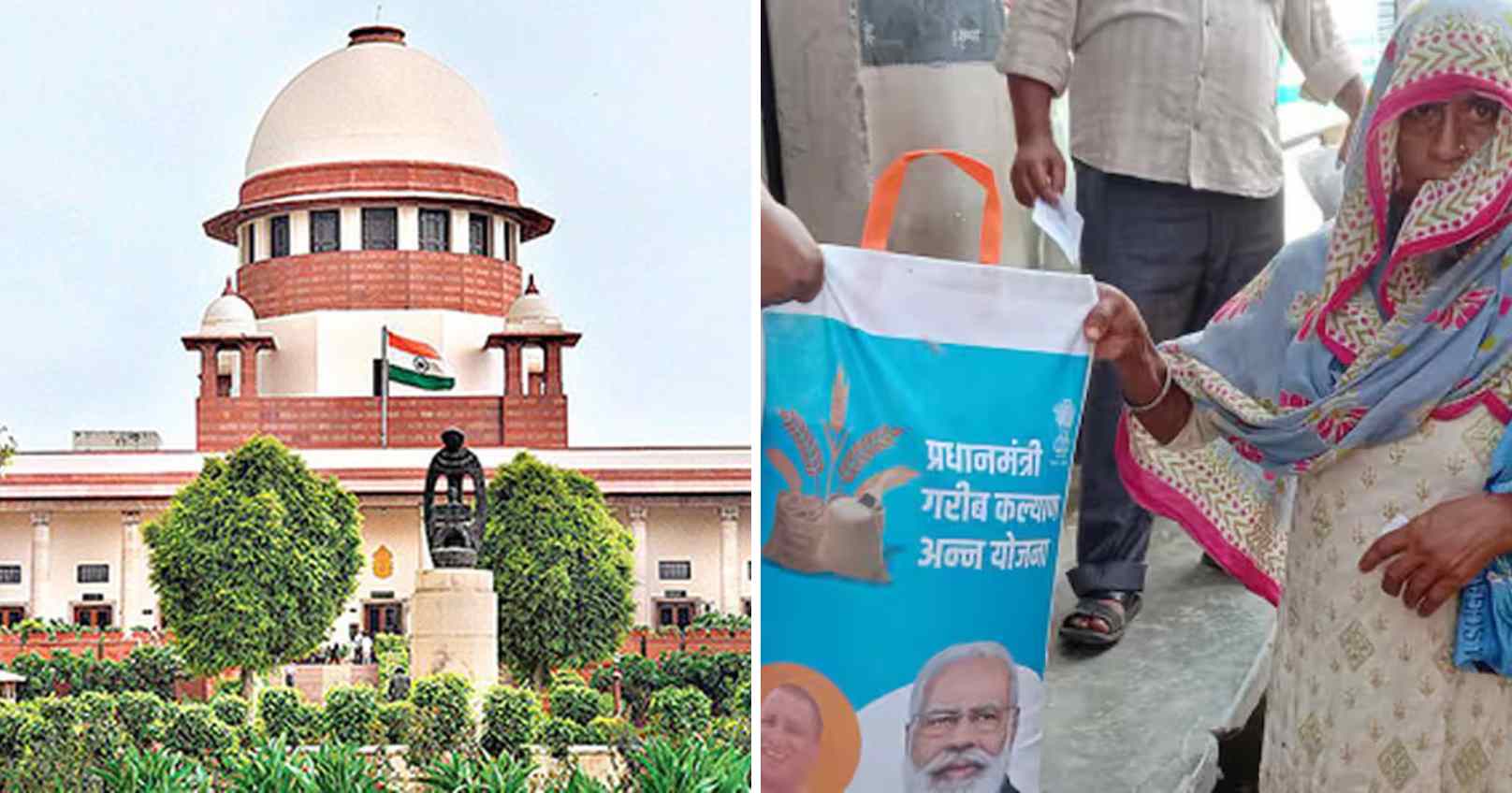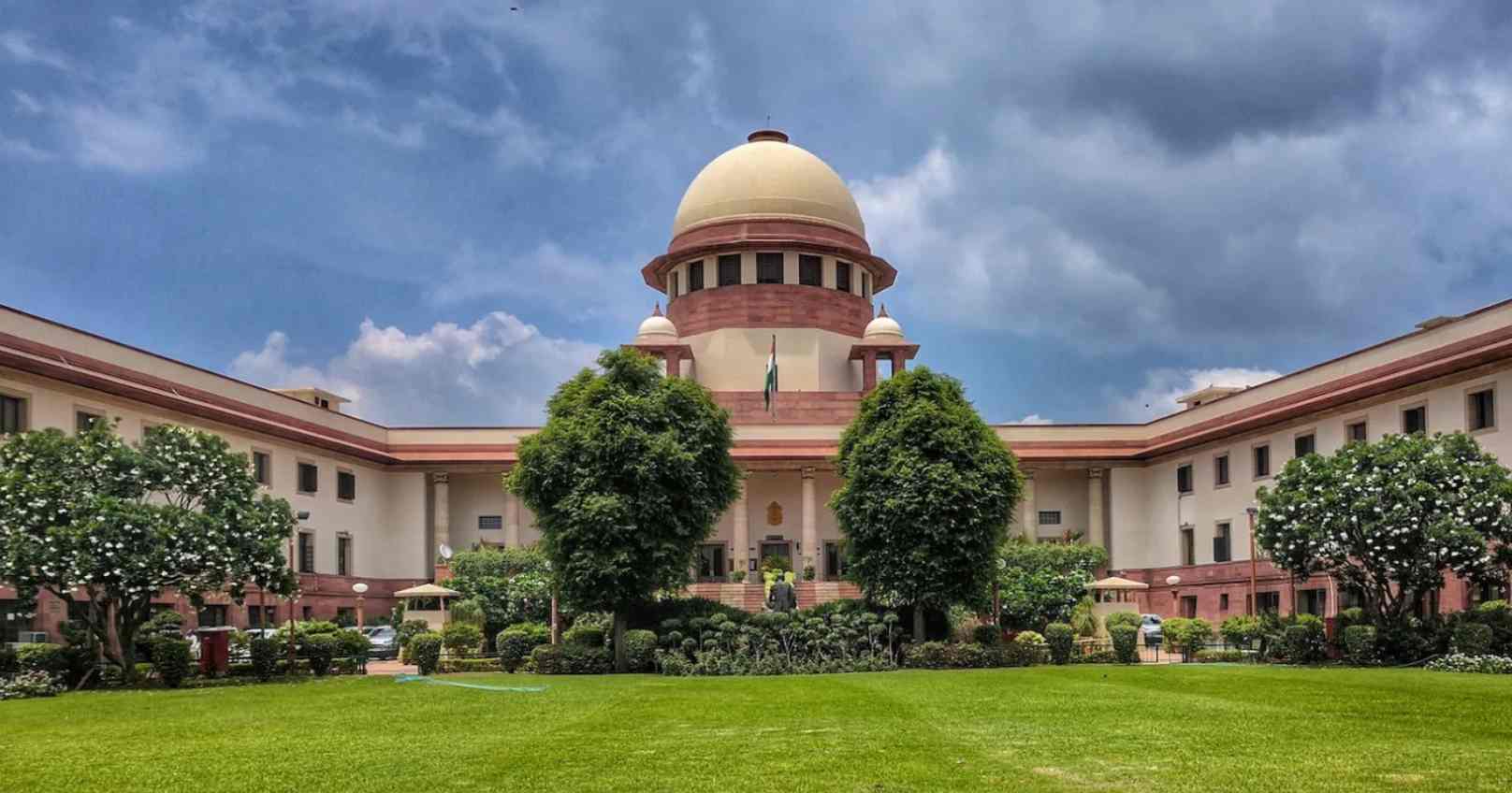The Supreme Court on Wednesday raised concerns over political parties announcing freebies before elections, questioning whether such incentives contribute to national development or foster a culture of dependency.
A bench comprising Justices B.R. Gavai and Augustine George Masih observed that instead of integrating people into the mainstream and encouraging economic participation, excessive handouts risk creating a "class of parasites."
"Rather than promoting individuals to be part of the mainstream by contributing to the nation’s development, are we not fostering dependency?" the court asked.
Justice Gavai further remarked that due to such pre-election announcements, including schemes like ‘Ladki Bahin’ and others, many individuals are choosing not to work.
The court made these observations while hearing a case concerning the right to shelter for homeless persons in urban areas. It noted that people are receiving free rations and financial assistance without working, raising concerns about sustainability.
Advocate Prashant Bhushan, representing one of the petitioners, countered the argument by stating that people are willing to work if given the opportunity. However, Justice Gavai responded that his experience, particularly in Maharashtra’s agricultural sector, suggests otherwise. He noted that pre-election freebies had led to a labor shortage in the region.
While the court refrained from delving into a larger debate, it emphasized the need for balance between welfare initiatives and economic self-reliance. It acknowledged that providing shelter for the homeless is a crucial issue but should be approached in a way that does not encourage long-term dependency.
Attorney General R. Venkataramani informed the court that the Centre is working on an urban poverty alleviation mission, which will include housing provisions for the homeless. The bench directed him to provide a timeline for the initiative and details on its implementation.
Additionally, the court instructed the Centre to compile state-wise data on homelessness and shelter availability. It also inquired whether the ongoing National Urban Livelihoods Mission would continue until the new scheme is fully operational.
The next hearing on the matter has been scheduled for six weeks later. In its previous session in December, the Supreme Court had asked states and union territories to submit details regarding facilities for the homeless.







